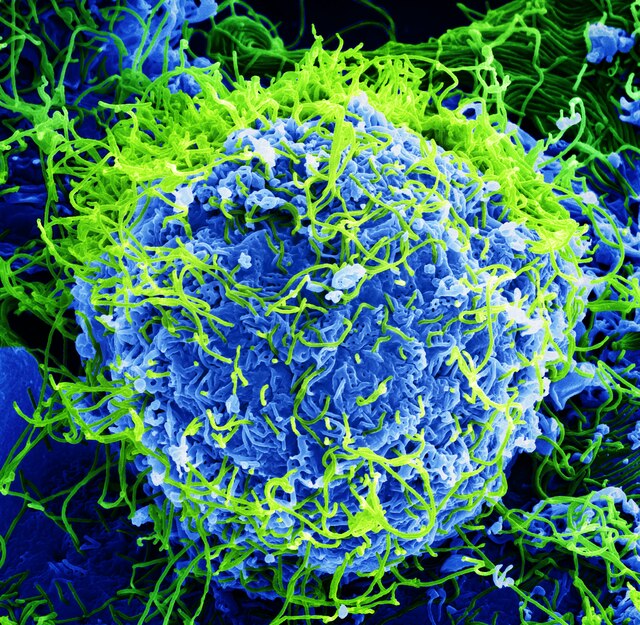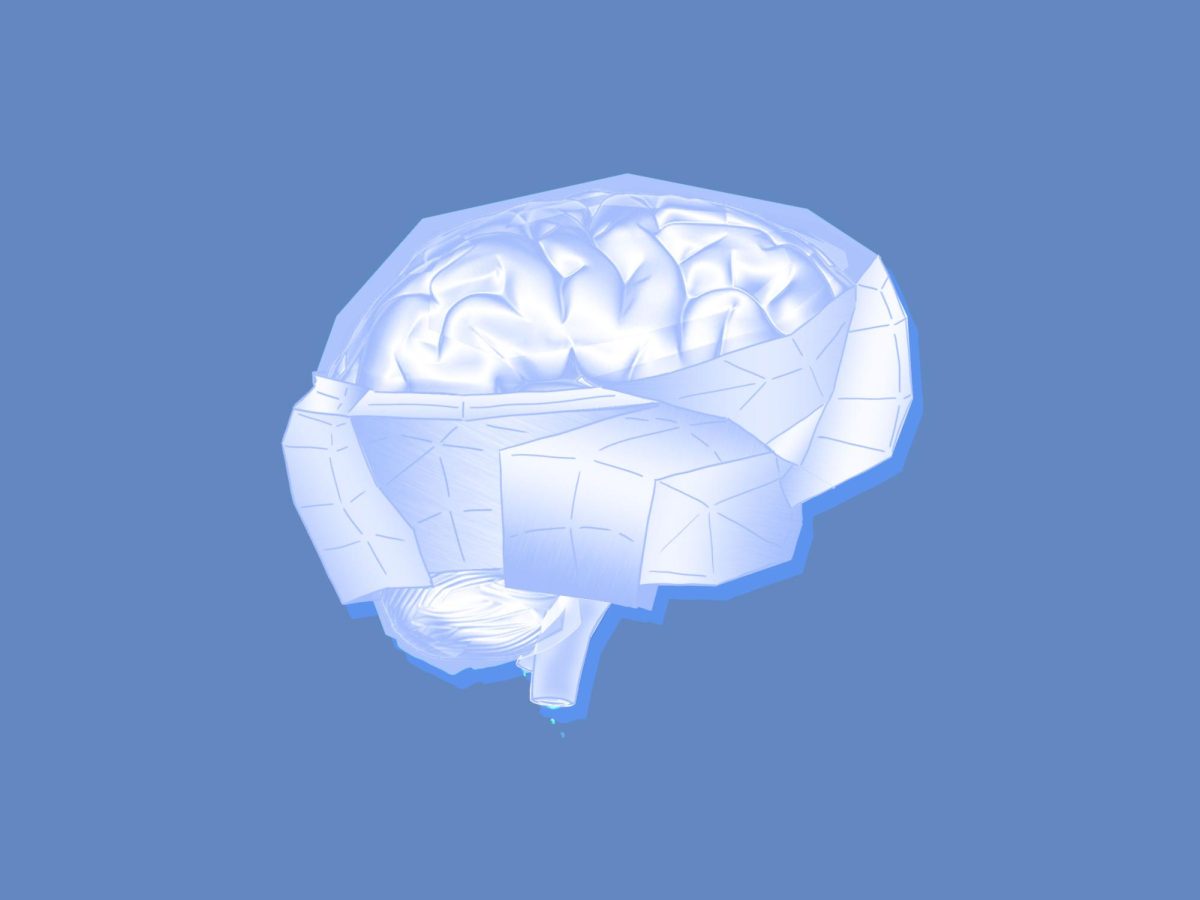What happens after death? Researchers believe a person recalls important life events, similar to having their life “flash before their eyes.”
According to UNILAD, researchers in the U.S. performed an electroencephalogram on an 87-year-old man who suffered from epilepsy as he passed away. They recorded brain waves of the patient 15 minutes after he died of a heart attack.
Researchers noted an increase in gamma oscillations which control the connectivity between different regions of the brain, making them crucial for perception, movement, memory and emotion.
“Through generating oscillations involved in memory retrieval, the brain may be playing a last recall of important life events just before we die, similar to the one reported in near-death experiences,” Dr. Ajmal Zemmar, lead author of the study, explained.
Jimo Borjigin, a professor of neurology at the University of Michigan, had read about near-death experiences of certain cardiac arrest survivors who would sometimes report travelling outside their bodies towards overwhelming sources of light where they were greeted by dead relatives. While she didn’t think the souls of dying people actually travelled to an afterworld, she did run tests on rats in her own laboratory.
She found that rats undergo a dramatic storm of many neurotransmitters, including serotonin and dopamine, after their hearts stop and their brains lose oxygen. She wondered if humans underwent a similar storm of neurotransmitters causing these near-death visions.
To understand how it is possible to have brain activity after death, the first step is to define death. In a medical setting, “clinical death” is said to occur at the moment the heart stops pumping blood and the pulse stops. Loss of oxygen to the brain and other organs generally follows within seconds or minutes, although the complete cessation of activity in the heart and brain may not occur for many minutes or even hours.
Scientists have come to understand that death is not a point, but a process.
After cardiac arrest, blood and oxygen stop circulating through the body, cells begin to break down and normal electrical activity in the brain gets disrupted. But the organs don’t fail irreversibly right away and the brain doesn’t necessarily cease functioning altogether. There is often still the possibility of a return to life.
So, what can be gained from this discovery? Evidence is already emerging that even total brain death may someday be reversible.
In 2019, scientists at Yale University harvested the brains of pigs that had been decapitated in a commercial slaughterhouse four hours earlier. The scientists then perfused the brains for six hours with a special cocktail of drugs and synthetic blood.
Astoundingly, some of the cells in the brains began to show metabolic activity again, and some of the synapses even began firing. The pigs’ brain scans didn’t show the widespread electrical activity that is typically associated with sentience or consciousness.
Humans are one step closer to unveiling what proceeds death.








